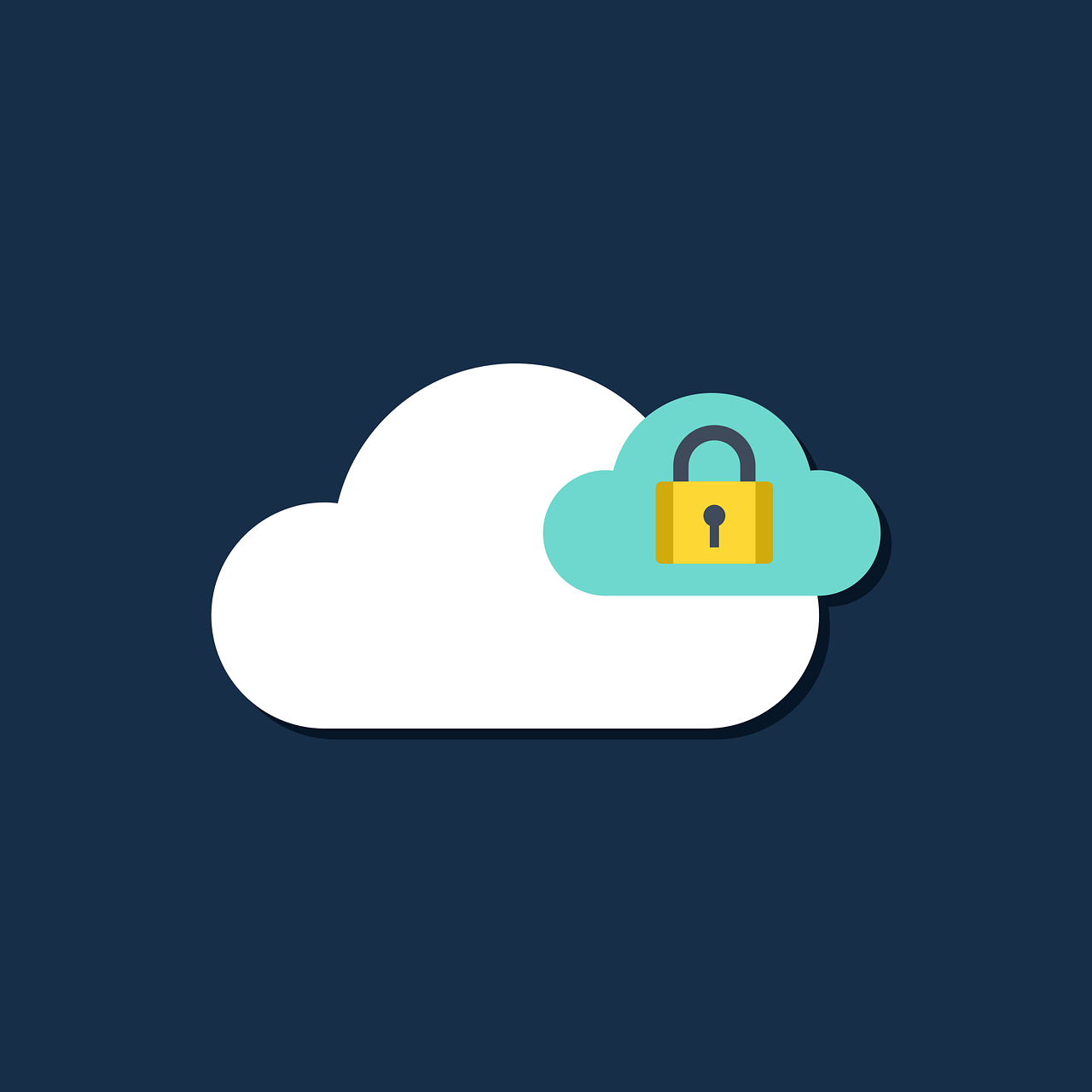 With cloud computing, your business can accelerate innovation and collaboration while delivering IT services. It would help if you safeguarded your enterprise from significant cloud security threats, whether internal or external. Organizations of all sizes widely use the cloud, which makes a comprehensive security plan extremely critical.
With cloud computing, your business can accelerate innovation and collaboration while delivering IT services. It would help if you safeguarded your enterprise from significant cloud security threats, whether internal or external. Organizations of all sizes widely use the cloud, which makes a comprehensive security plan extremely critical.
Security best practices prevent unauthorized access to sensitive data and applications kept securely in the cloud. A cloud security platform that rules out breaches and earns customer trust allows your business entity to prosper, provided you refrain from weakening the system.
After all, the responsibility to secure data and restrict cloud user access does not rest on the provider. As the client, your company must create a robust framework while configuring data on the cloud and ensure that security is not compromised. When you overlook this critical aspect, brace yourself for data theft and cyber-attacks.
Security Strategies
Your entity’s cloud security strategy must focus on protecting data, authenticating users, restricting access, and staying operational despite a cyber attack. Strategies that aid you in this respect include:
Encryption
This technology scrambles data using complex algorithms so only authorized parties can interpret the information. Unencrypted data is prone to malicious misuse of sensitive inputs.
If other security measures fail, encryption can help prevent data leakage by concealing sensitive information. Encrypting cloud data while in transit and stored minimizes the risk of attackers intercepting and reading it.
Identity and Access Management (IAM)
With this strategy, you can identify authorized users and deny access to unauthorized ones. In cloud computing, identity and access management are crucial to making a notable distinction.
The identity of a user determines access privileges and not his device or location. IAM solutions like multi-factor authentication make it difficult for unauthorized personnel to access and authorized users to exceed their privileges.
Cloud Firewall
As the name suggests, a cloud firewall forms a virtual security barrier to protect cloud assets from malicious web traffic. Since these are cloud-hosted, it lowers the chances of cyberattacks crippling your organization’s cloud infrastructure.
Configuration of Security Settings
Properly configuring your company’s cloud security settings is vital to safeguarding your data. For this purpose, your team members who are cloud experts may require to collaborate with the concerned vendor closely. With a robust cloud security platform, you do not expose sensitive corporate data to a broader online audience.
Consistent Security Policies
Whatever security measures are put in place must apply across the board and cover your company’s entire infrastructure. If you fail on this account, cyber attackers are likely to identify loopholes and target weak links.
Back-Up Plans
As a precaution, you must proactively take a backup of the existing cloud data. When you do so, retrieving lost or tampered data becomes possible. If you choose not to go the multi-cloud route, take an on-premises backup to ensure your business process remains uninterrupted despite unforeseen eventualities.
Educate Users
Quite often, data breaches occur when a user becomes a phishing attack victim and unknowingly installs malware. He or she may also be using a vulnerable device or relying on weak passwords. When you educate your employees on security practices, your business minimizes the risk of detrimental occurrences.
Working of Cloud Security Platforms
To safeguard against rampant threats to your cloud, your company’s security platform adopts the listed practices:
Secures the Server
Because of cloud web security, all traffic is routed to the cloud instead of the server. After analyzing the traffic, only legitimate users are allowed access to the cloud. Thus, traffic not approved by the cloud is blocked from reaching the server.
Inspects and Filters Data
All web traffic is redirected to cloud security, filtered, thereby ruling out direct entry to the application system. Traditional applications that earlier filtered traffic were not serving the intended purpose as they often got overwhelmed with the heavy inflow.
Sets Compliance Rules
The safety of your database is assured as cloud security adheres to a set of stringent compliances. To maintain the highest standards of privacy, these rules are bound by regulations and governing laws. As a result, your entity’s confidential information is capably protected from nasty cyber-attacks.
A cloud-based security platform safeguards customer’s data by filtering information and restricting unwarranted access. In the event of a data loss, prompt recovery is achievable thanks to backup provisions. You even have a private cloud option where you do not face the typical shared resource problems for maximum protection.
As your business embraces digital innovation, facing complex security challenges is a given. Prepare to squarely face such obstacles by partnering with a seasoned player in this domain.







